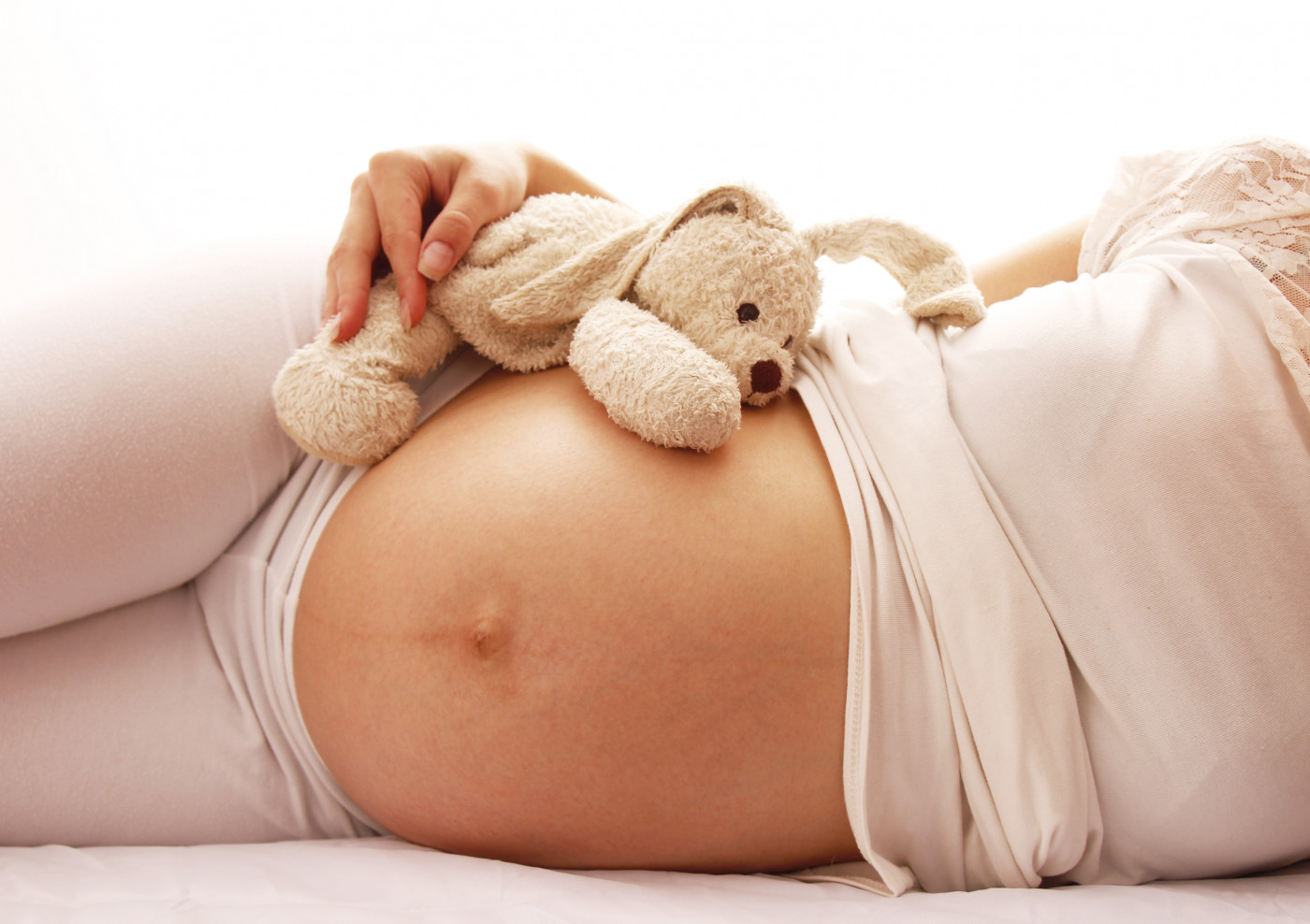Pregnancy in CF Women With Poor Lung Function Not Linked to Pulmonary Decline, Study Shows
Written by |

Poorer lung function in pregnant women with cystic fibrosis (CF) is associated with a lower birth weight for offspring, and a higher likelihood of cesarean section — but not with changes in lung or metabolic parameters, new research suggests.
The study, titled “Pregnancy outcome in women with cystic fibrosis and poor pulmonary function,” was published in the Journal of Cystic Fibrosis.
Pregnancy can be a risky endeavor for women dealing with a chronic disease, especially for those with more severe symptoms. While some studies have suggested that pregnancy does not cause adverse effects in CF patients, there is speculation that women who have particularly poor lung function may be at an increased risk for pregnancy complications.
To obtain more insight, researchers in France used information from the French Cystic Fibrosis Registry to identify CF patients who became pregnant, and gave birth, between 2000 and 2012.
In total, 149 women were identified, and divided into two groups based on the amount of air they could exhale in one second (FEV1; a measure of lung function) before their pregnancy. The researchers noted that poor pregestational lung function was defined as having an FEV1 of 50% or lower.
In the CF group analyzed, 36 women had poor lung function, and 113 had a better lung function, with FEV1 higher than 50%.
Interested in CF research? Check out our forums and join the conversation!
Researchers then looked at patients’ data from one year before pregnancy to two years after delivery, covering a total of four years. They compared the two groups to see if there were risks associated with lower lung function among pregnant CF women.
The results showed that CF women with poorer lung function were more likely to have a child with a lower body weight — a median infant birth weight of 2,705 grams (5 pounds, 9 ounces), versus 3,044 grams (6 pounds, 7 ounces) in those with FEV1 higher than 50%.
The researchers speculated that this may be due to differences in energy utilization between the two groups. The difference also might be due to varying gestational times — women with poorer lung function tended to have shorter pregnancies, although this difference was not statistically significant.
Pregnancies in CF patients with poorer lung function were more likely to end in cesarean section — 43.7%, as compared with 21.1% in women with FEV1 higher than 50%. That probably had more to do with healthcare workers being overly cautious than with biological necessity, the researchers noted.
“In most cases, if maternal health is maintained and if the fetus is growing normally, vaginal delivery at term is an option, and maternal lung function should be optimized prior to delivery,” the team said.
CF women with poorer lung function also tended to have lower body mass indexes (BMIs) — 19.3 versus 21.1 kg/m2. Over the four-year period analyzed, this remained constant, as did measurements of lung function. These results suggest that pregnancy did not really affect these parameters in either group.
Overall, the study’s findings support the idea that pregnancy is relatively safe for people with CF, even for those with poorer lung function.
“Despite significantly lower FEV1 and BMI the year before pregnancy for women with poor pulmonary function, the decline in these parameters during the study period did not differ significantly between the two groups,” the researchers concluded.
“Poor pre-gestational pulmonary function in women with cystic fibrosis was associated with a higher rate of cesarean section and a clinically significant impact on fetal growth, but was not associated with more important pulmonary and nutritional decline over the study period,” they added.
The study has some limitations, however, the team said, citing its retrospective design and its small sample size. The researchers also noted that the study did not examine patients on disease-modifying therapies, or who had undergone a lung transplant. Further research is therefore needed to ascertain what the risks of pregnancy are for CF patients, they said.






